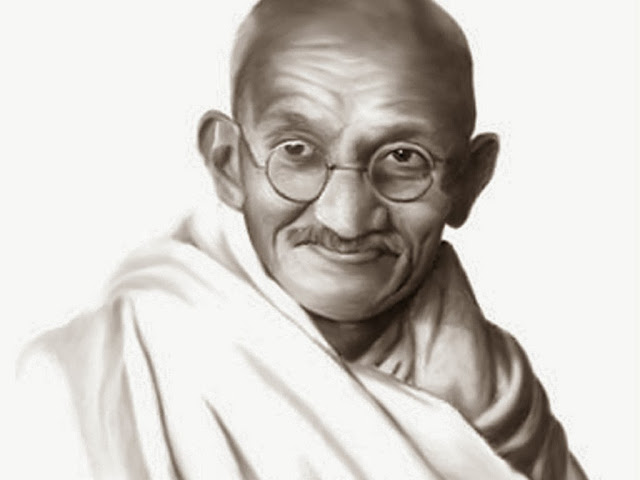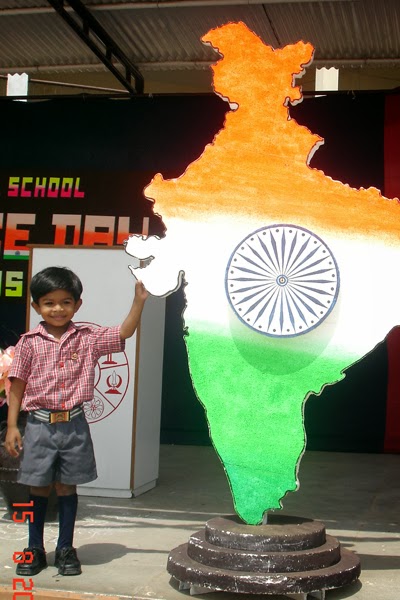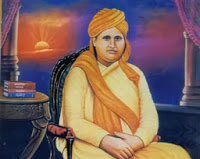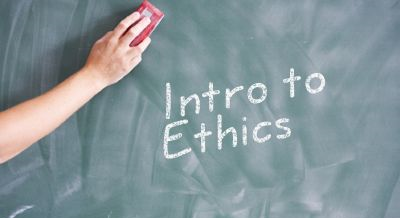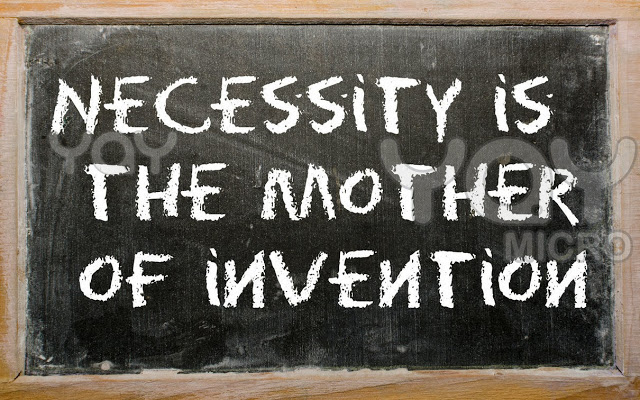
Ms. Maitreyee Dutta
Ms. Maitreyee Dutta hails from Guwahati, Assam. She is pursuing B.Tech (Electrical) from NIT, Silchar, Assam. She has put forth her thoughts in a clear-cut way, and has written the Essay in a yet captivating English.
It is aptly said, ‘Necessity is the mother of invention.’ Inventions have been made out of sheer necessities. If we had been able to easily get/fulfil all we want from ‘Nature’, we would never have bothered to invent anything. Our necessities are the driving force behind every invention.
After the occurrence of the ‘Big Bang’, came the inhabitation of a nascent cooling planet called Earth, in a galaxy namely the Milky Way.
Here, a miraculous combination of simple organic compounds like nucleobases and amino acids, building blocks of life, brought about a quintessential era of nature in which all the species lived in harmony.
Hitherto, one among all the species— hominid has thrived upon others as it found the necessity to understand the ways of the universe, as a result of which its brains developed through each evolutionary step from apelike Australopithecus to homo habilis to homo erectus leading to the biological invention of the most advanced homo sapiens.
The great Greek philosopher, Plato himself condensed the very gem of invention in the form of the word ‘necessity’ in his book Republica, “let us begin and create in idea a State; and yet a true creator is necessity, which is the mother of our invention.” It was as if he stumbled upon the very basic secret of development made by man because of his strong desire and necessity to struggle against obstruction, and to leave no stone unturned in making his life more comfortable, and so this man’s catharsis takes place in the form of invention. History itself has witnessed the veracity of this fact.
Deep into the archaic era, the evangelist and clerical priests held a monopoly over all sacred books and made people believe in religion blindly. This led to large-scale poverty, superstition and illiteracy among the lower middle class, and decadence among the creme de la creme. The necessity to dispel ignorance and spread knowledge led Johannes Gutenberg to invent the mechanical movable-type printer which heralded the dawn of illumination; the downtrodden
and women from all walks of life were finally able to access books as they were cheap. Soon enough they learned the scientific reason behind every phenomenon and all about their birthrights.
In the 19th century, telegraph message traffic was brimming up to the zenith. The Western Union Telegraph Company President of the time, William Orton had contacted several inventors to find a way to send multiple telegraph messages on a single telegraph line to avoid the cost of expanding new lines. At this time, Alexander Graham Bell experimented with several abstract ideas to create sporadic electric current corresponding to every sound wave. This great man finally invented the telephone which not only helped the telegraph industry, but also created a communication bridge between every nook and comer of the world.
Rene Laennec, a physicist, realised to his utter dismay that it was really difficult to count and monitor the heart beats of all the patients suffering from cardiovascular diseases. This necessity helped Rene create the world’s first stethoscope which today helps not only in the detection of arrhythmia, but also several other respiratory diseases such as bronchial fibrosis, pneumonia, etc.
These illustrations simply reveal that necessity is the mother of invention. It can be in the form of a better life or money or uplift of the society, or sometimes survival. One of the cases for the necessity of survival arising from the verge of catastrophe was showcased in the World War II, when Japan proved to be a strong enemy against the Allies after the bombing of the Pearl Harbour. With desperation and coercion of the fellow scientists, Julius Robert Oppenheimer developed the first atomic bomb, and the rest, as we know, is history. Even though the outcome was deadly, it clearly shows that necessity can bring out the highest potential hidden within every individual, be it psychological, social, economical, cultural or political—in terms of theories or practical.
NECESSITY IS THE MOTHER OF INVENTION
Ms. Maitreyee Dutta
Ms. Maitreyee Dutta hails from Guwahati, Assam. She is pursuing B.Tech (Electrical) from NIT, Silchar, Assam. She has put forth her thoughts in a clear-cut way, and has written the Essay in a yet captivating English.
It is aptly said, ‘Necessity is the mother of invention.’ Inventions have been made out of sheer necessities. If we had been able to easily get/fulfil all we want from ‘Nature’, we would never have bothered to invent anything. Our necessities are the driving force behind every invention.
After the occurrence of the ‘Big Bang’, came the inhabitation of a nascent cooling planet called Earth, in a galaxy namely the Milky Way.
Here, a miraculous combination of simple organic compounds like nucleobases and amino acids, building blocks of life, brought about a quintessential era of nature in which all the species lived in harmony.
Hitherto, one among all the species— hominid has thrived upon others as it found the necessity to understand the ways of the universe, as a result of which its brains developed through each evolutionary step from apelike Australopithecus to homo habilis to homo erectus leading to the biological invention of the most advanced homo sapiens.
The great Greek philosopher, Plato himself condensed the very gem of invention in the form of the word ‘necessity’ in his book Republica, “let us begin and create in idea a State; and yet a true creator is necessity, which is the mother of our invention.” It was as if he stumbled upon the very basic secret of development made by man because of his strong desire and necessity to struggle against obstruction, and to leave no stone unturned in making his life more comfortable, and so this man’s catharsis takes place in the form of invention. History itself has witnessed the veracity of this fact.
Deep into the archaic era, the evangelist and clerical priests held a monopoly over all sacred books and made people believe in religion blindly. This led to large-scale poverty, superstition and illiteracy among the lower middle class, and decadence among the creme de la creme. The necessity to dispel ignorance and spread knowledge led Johannes Gutenberg to invent the mechanical movable-type printer which heralded the dawn of illumination; the downtrodden
and women from all walks of life were finally able to access books as they were cheap. Soon enough they learned the scientific reason behind every phenomenon and all about their birthrights.
In the 19th century, telegraph message traffic was brimming up to the zenith. The Western Union Telegraph Company President of the time, William Orton had contacted several inventors to find a way to send multiple telegraph messages on a single telegraph line to avoid the cost of expanding new lines. At this time, Alexander Graham Bell experimented with several abstract ideas to create sporadic electric current corresponding to every sound wave. This great man finally invented the telephone which not only helped the telegraph industry, but also created a communication bridge between every nook and comer of the world.
Rene Laennec, a physicist, realised to his utter dismay that it was really difficult to count and monitor the heart beats of all the patients suffering from cardiovascular diseases. This necessity helped Rene create the world’s first stethoscope which today helps not only in the detection of arrhythmia, but also several other respiratory diseases such as bronchial fibrosis, pneumonia, etc.
These illustrations simply reveal that necessity is the mother of invention. It can be in the form of a better life or money or uplift of the society, or sometimes survival. One of the cases for the necessity of survival arising from the verge of catastrophe was showcased in the World War II, when Japan proved to be a strong enemy against the Allies after the bombing of the Pearl Harbour. With desperation and coercion of the fellow scientists, Julius Robert Oppenheimer developed the first atomic bomb, and the rest, as we know, is history. Even though the outcome was deadly, it clearly shows that necessity can bring out the highest potential hidden within every individual, be it psychological, social, economical, cultural or political—in terms of theories or practical.
